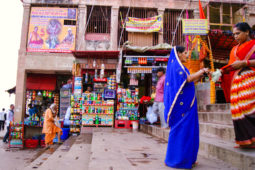
We all go through an adjustment phase when living in a new country and some things will seem strange at the beginning. If you want to know what surprised me the most when I arrived in Germany, keep reading because in this post you will know the 10 things that caught my attention the most.
1. The communication by post

For those that think that the postal service is about to die or that it is only a romantic way of sending a letter, I have to tell you that in Germany the postal service is still really really important. In the beginning, I was surprised by things like paying afterwards for a service, once you get the invoice by post. For example, you can go to the dentist for a dental cleaning without paying at the moment, then in a few days later you will get the invoice by post with the amount to be paid. It was also strange to have a 100% online bank where there is no physical place where to go and felt weird to send a check by post for a deposit to my account.
You would think that Germany, as a first world country, would be very digital and it is, but in some things, they prefer to make sure that the physical paper is in your hands and sometimes it requires written confirmation.
2. Germans pay in cash almost for everything
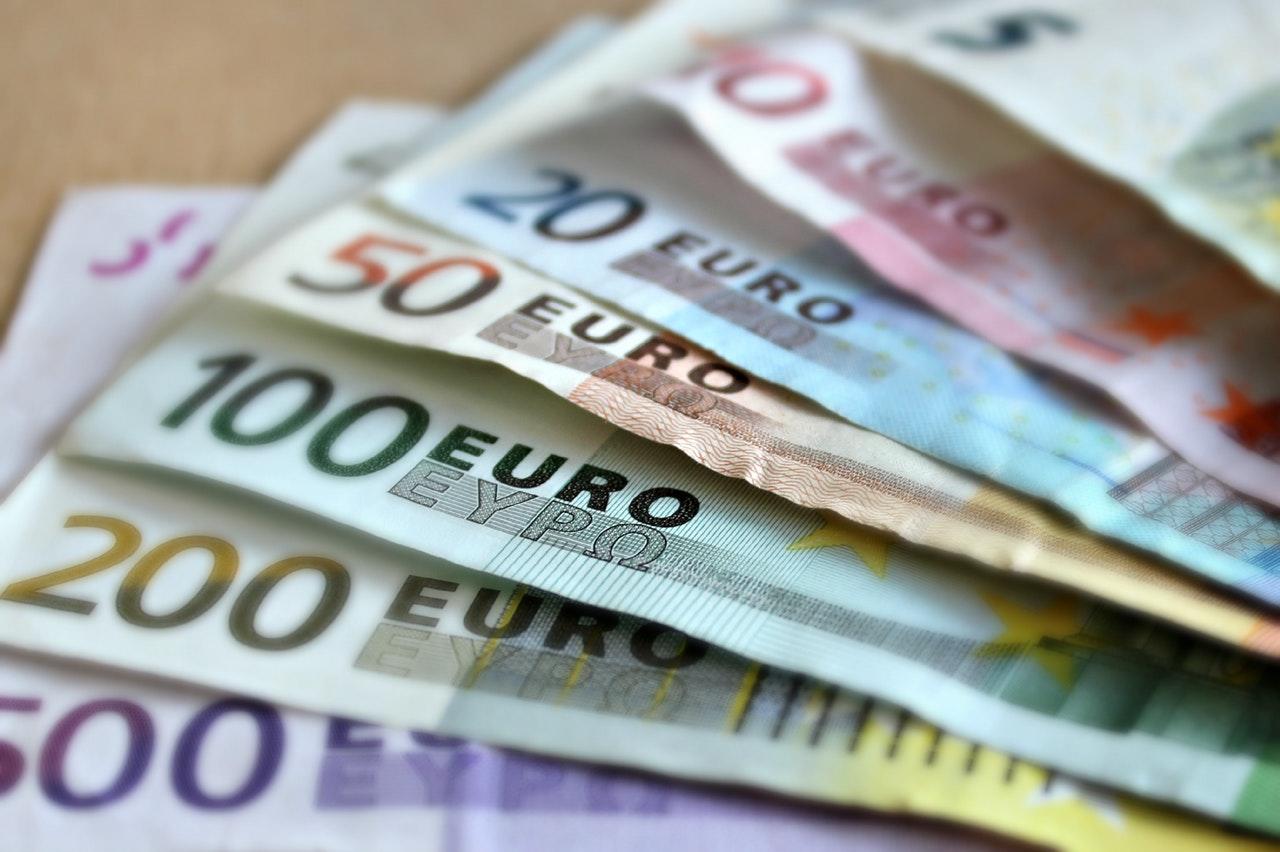
Paying by card (even if it is a debit card) is not the most common way to pay. In Germany 82% of all payments are made in cash and in many establishments, you can’t even pay by card. It is said that Germans like to be to control spending and the daily budget.
The first time I saw in a restaurant that they took out a giant wallet with all the money from that day’s sales, I was shocked. I still can’t get used to it…. I always have to run to an ATM to get cash.
3. So many varieties of bread
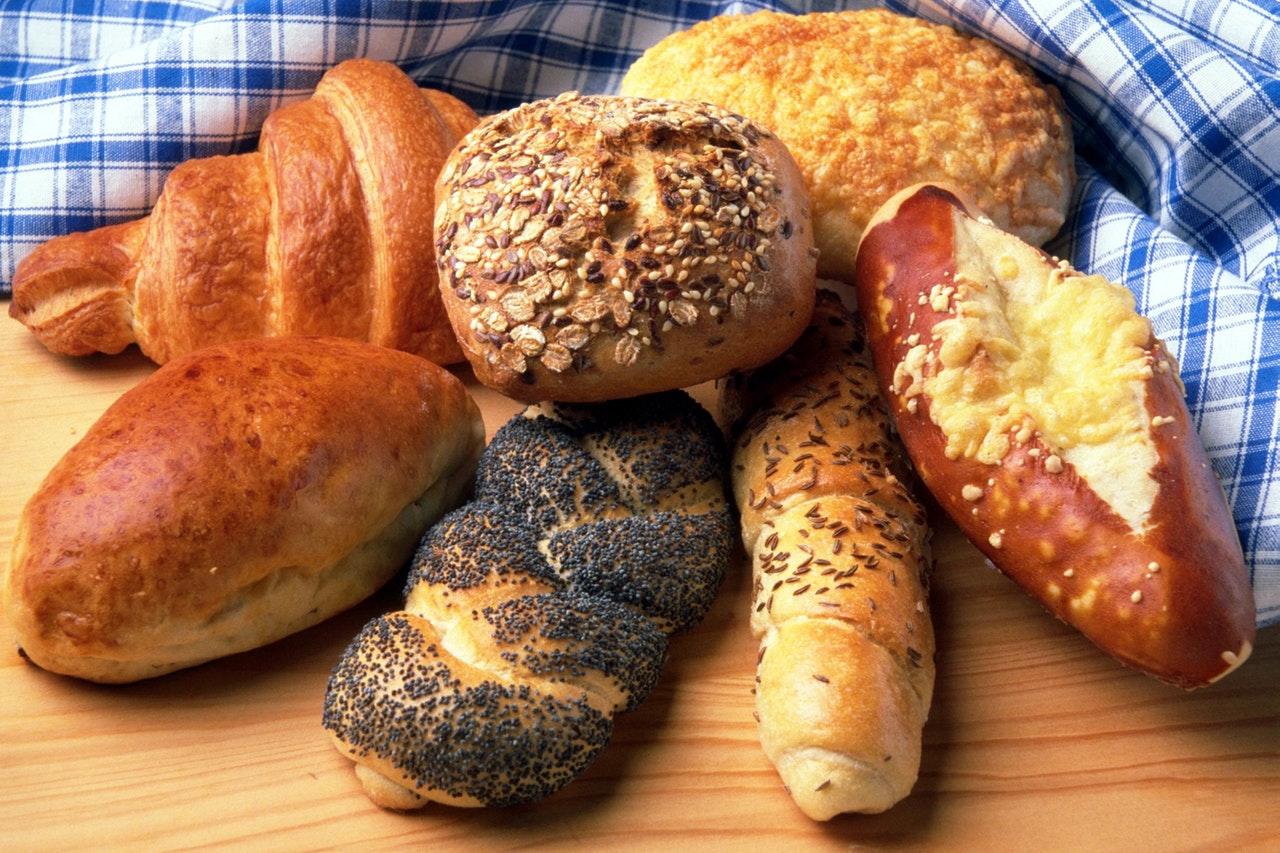
At least in Mexico there are 2-3 types of typical breads: birote, bolillo, telera (if there is more, take me out of my ignorance and write them down in the comments!), ok and the typical load bread that we know as the Bimbo. But in Mexico we have it clear: we have either salty bread or sweet bread. Period. In Germany, each bread has its own sacred name.
There are more than 3,200 different varieties of bread: wheat flour, rye flour, whole grain, mixed multigrain… then come the fillings: cheese, ham, sausage, chocolate, cream, jam, and finally the topping: pumpkin seeds, chia, sesame, oats, etc…. In Germany bread is almost (along with the potato) a national and gastronomic symbol is it considered an intangible cultural heritage by UNESCO.
This topic is huge, soon I will write about it.
4. Recycling is impressive

One of my favorite things about Germany is its recycling culture, this is a great topic for another post. You’ll find large containers in every neighborhood for recycling, sorting from paper, glass (green, brown and clear) to clothing. It depends on the city and neighborhood whether or not it is mandatory to separate the trash:
Green container: Organic waste from food scraps, tree leaves, branches, etc.
Yellow container: Plastic, any plastic waste (other than bottles) and tetra bricks. To find out what is done with the bottles, please continue reading below about my favorite recycling action in Germany.
Blue container: Paper and cardboard from sheets of paper, magazines, newspapers, packing boxes and packaging.
Black container: The rest of the trash that is not previously cataloged
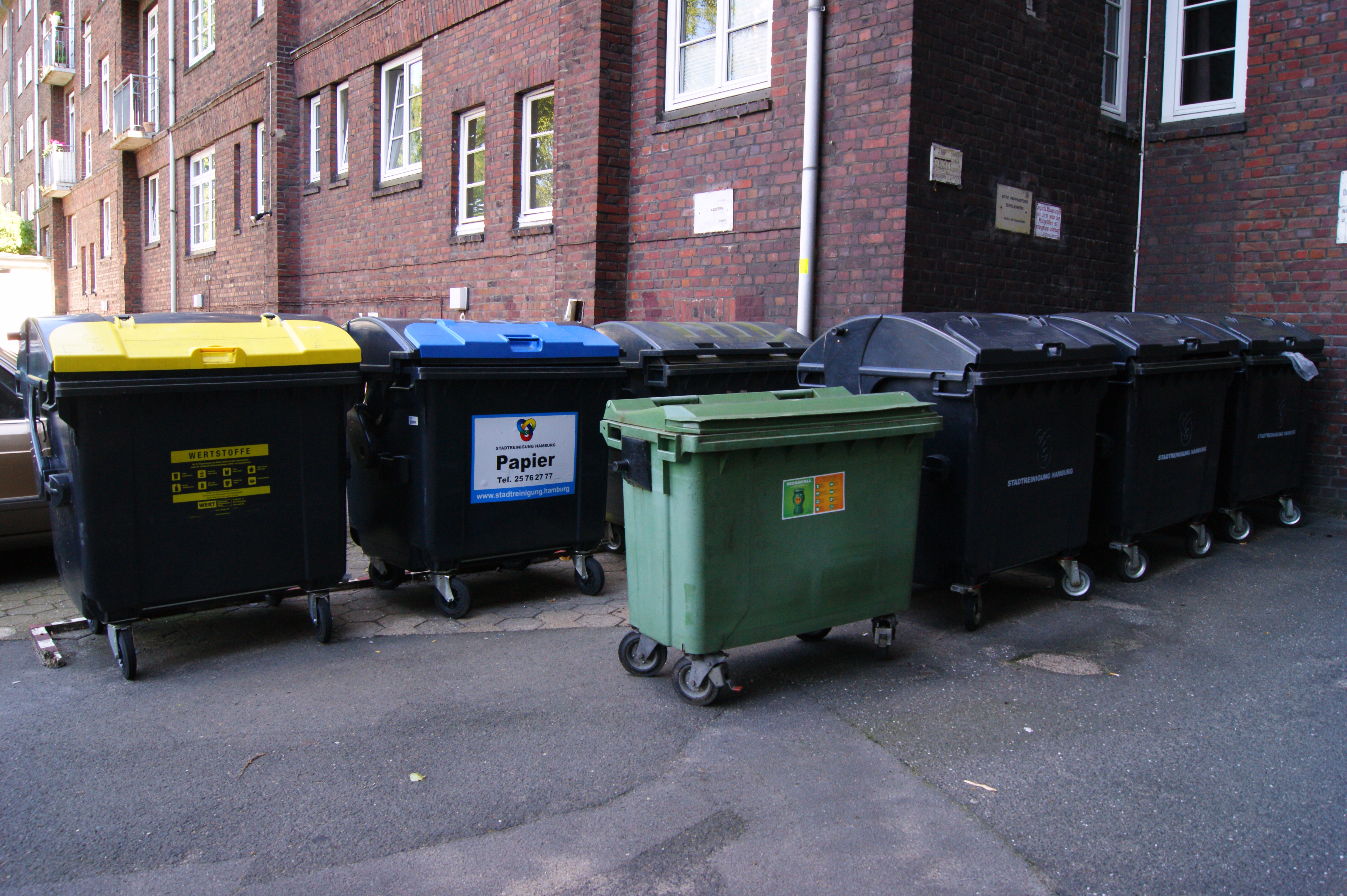
A day is assigned to collect the contents of each container and take it to where it will be recycled.
On top of this, the glass is divided into specific containers according to the color: green, transparent and brown glass. However, you can only throw inside your bottles from 8:00 to 20:00 hrs and on Sundays it is forbidden due to the noises that can disturb those who live nearby.
There are also special containers for leaving clothes you no longer use and they are recycled or donated to other people in need.
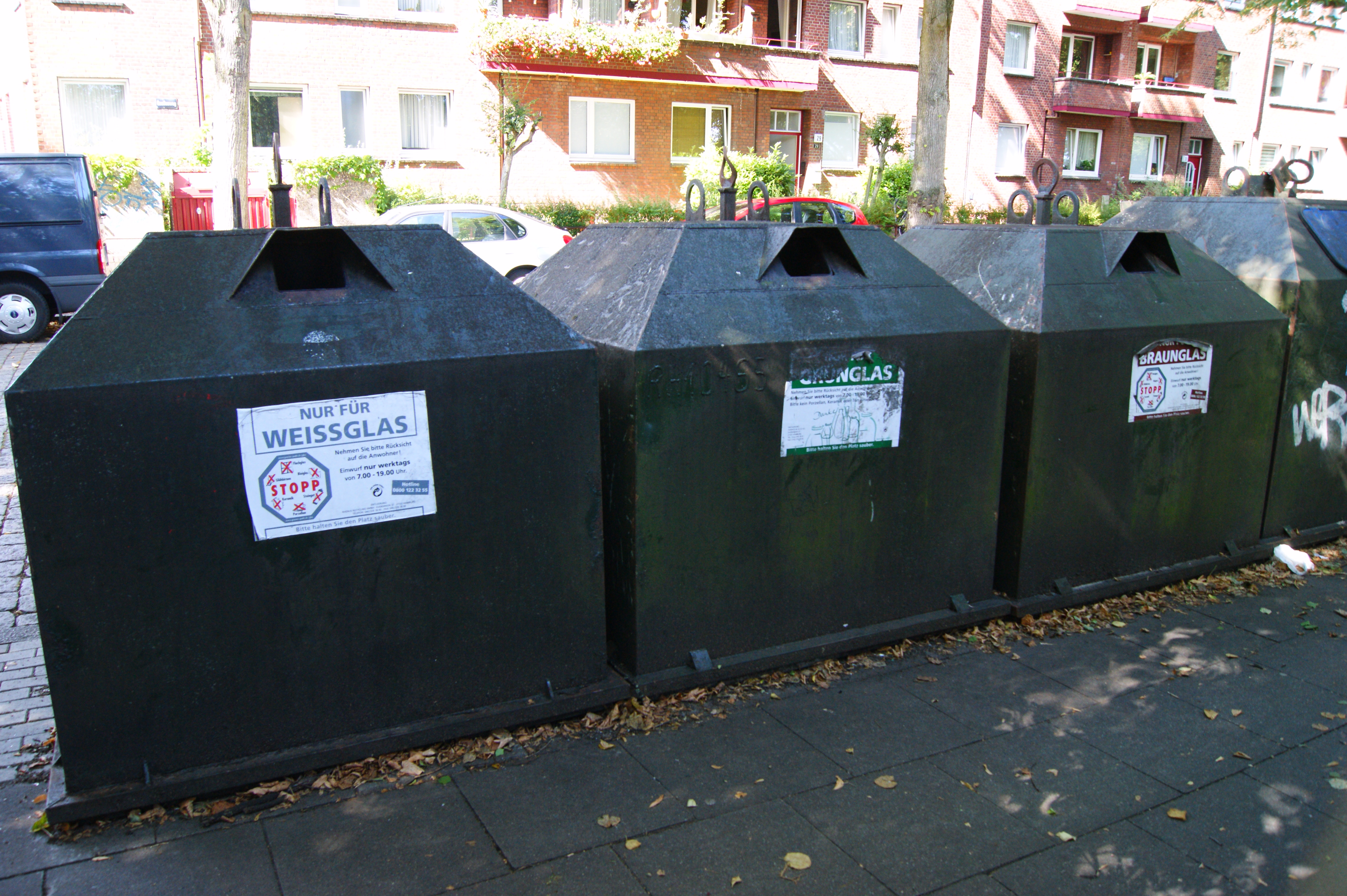
My favorite recycling action in Germany is the so-called “Pfand“. When you buy any bottled drink (bottles or cans) it includes a small deposit between 0.08€ and 0.25€ per bottle/can. In each supermarket, exist some machines with barcode readers that detect what type of bottle you insert and adds up the amount of all the bottles you bring. In the end, you will get a ticket with the total amount so you can redeem it for purchase in the supermarket… Isn’t that incredible?
A really cool that action also caught my attention for the first time is that when you go to a concert and you order a beverage, sometimes you are also charged a deposit on your cup. This prevents that everyone just leaves their plastic cups everywhere and forces you to give it back to the bar, leaving the venue quite clean. Isn’t that efficient?
5. Punctuality
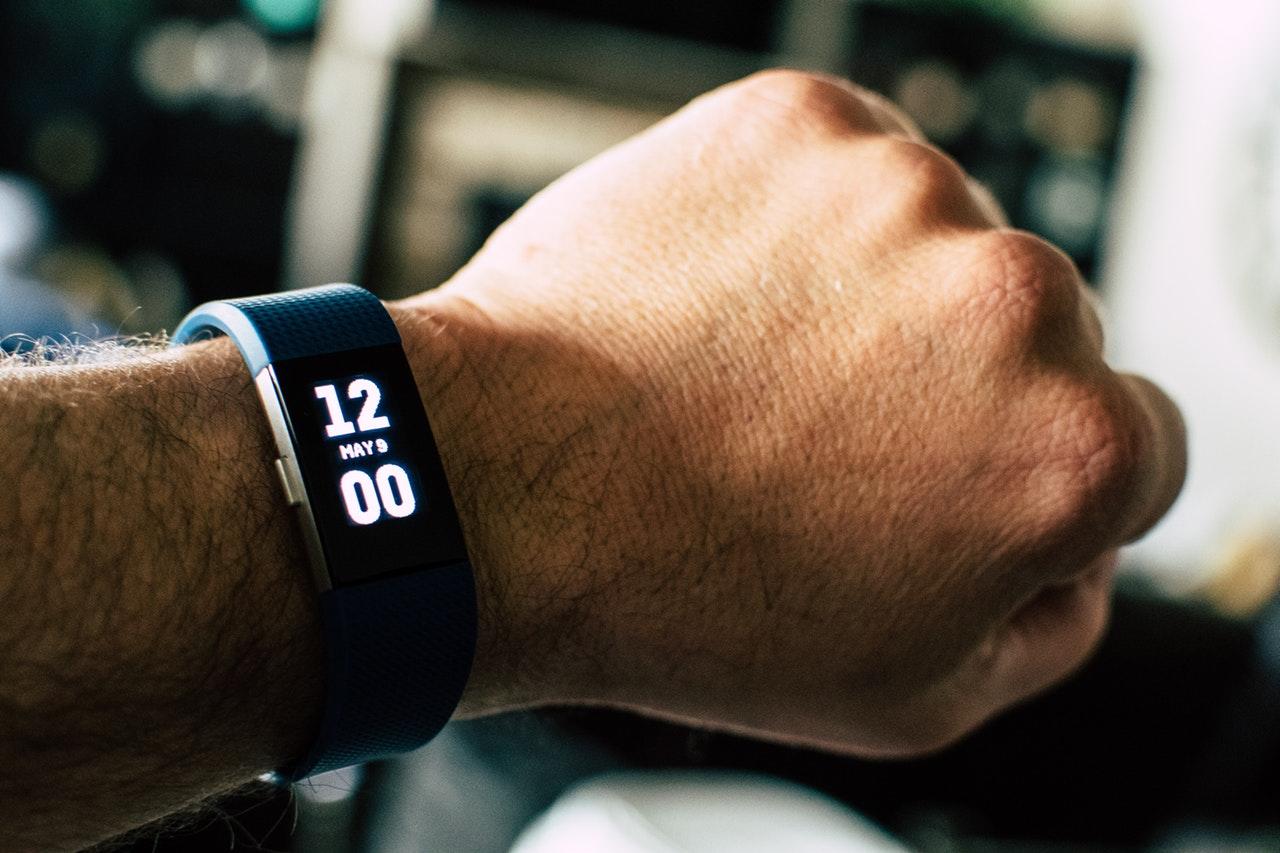
This is an issue we Mexicans know little about, but in Germany, it is VITAL for survival. People are always on time and expect the same of you because when you arrive late you are making use of someone else’s time
The punctuality is so important that sometimes people arrive 5 minutes earlier, so when you are throwing a party be sure to be totally ready before the time just in case the doorbell rings before the date.
Today I am always (ok must of the time) on time and I even get stressed when I know I’m 3-4 minutes late (haha).
Also, people plan a date with a lot of time in advance, there is not so much room for spontaneous plans. When you want to see a friend both of you will take out your schedules and set a date between 1 and 3 weeks in advance. That’s how it is here.
6. The convenience of the public transport
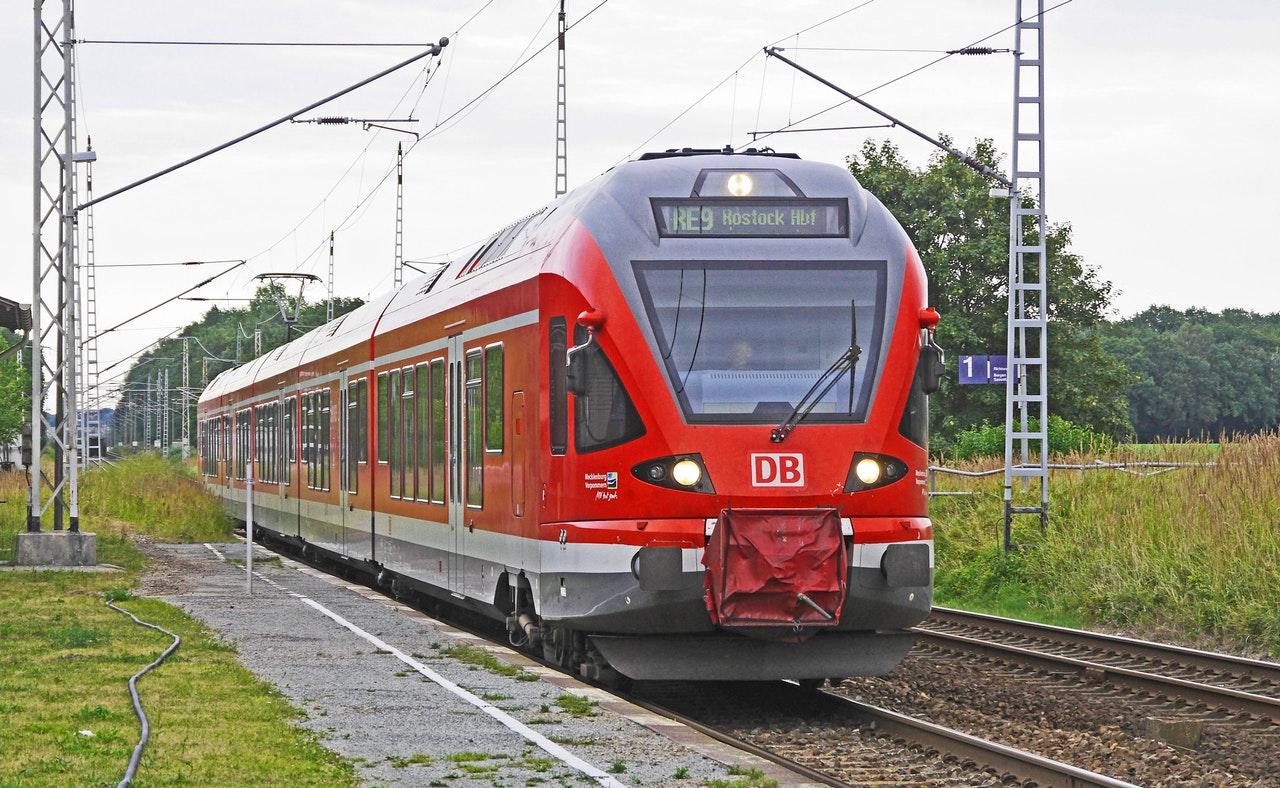
There is a wide range of public transport options to connect you to the city: subway, tram, buses trains or “sharing systems” for cars and bicycles.
Coming from the gigantic Mexico City, I really appreciate having a good transport network. One that not only covers practically all the corners of the city, but also one that is always on time and clean. At the first, I found the silence in the subway/train very strange. Everyone is reading a book, the newspaper or on the phone and loud noises are rarely heard.
There are 2 different trains in the city: the S-Bahn (which comes from the name Stadschnellbahn – fast train) and the U-Bahn (abbreviation of the word Untergrundbahn – underground). The first one is distributed throughout the city, including the remote parts of the city (it’s more of a train), while the second one can be used to reach downtown destinations (it’s a subway). Some of the trains in Hamburg have free WiFi and are on time.
Something I find really really cool is the “car sharing” where you can drive a car and pay according to the time you use it. When you register for this service, you receive a card to open the car once you activate it with the app, you drive and at the end of the service you simply close the car and the cost is charged directly to your card. Easy and practical. Therefore, in big cities -where having a car is sometimes more of a hassle than a benefit– this option is perfect when you want the comfort of a car either because of the fastness, when driving a long distance or depending on the activity you will do.
7. Living in the city but still, see deers and rabbits

A few meters away from my apartment there is a park and in my first summer here I was surprised at how many rabbits live in this park and that they are jumping around free on the grass. I have also seen deers in the city (of course, in wooded areas and parks) and almost all the lakes and rivers have ducks and swans. It is unique to be able to enjoy the company of these animals in the city where we all live happily together.
8. Mobile phone use when you are with someone

As obvious as it sounds, most people will not be looking at their mobile phones while they are with you. I say it sounds obvious because, in theory, this is a basic courtesy manner that we should all have, but in reality, it is not like that – how many times do you not have coffee with someone and that person is more concentrated on the phone than on your conversation? That’s very, very rude here, so if you’re with someone, forget about your phone!
9. No loud noises on Sundays
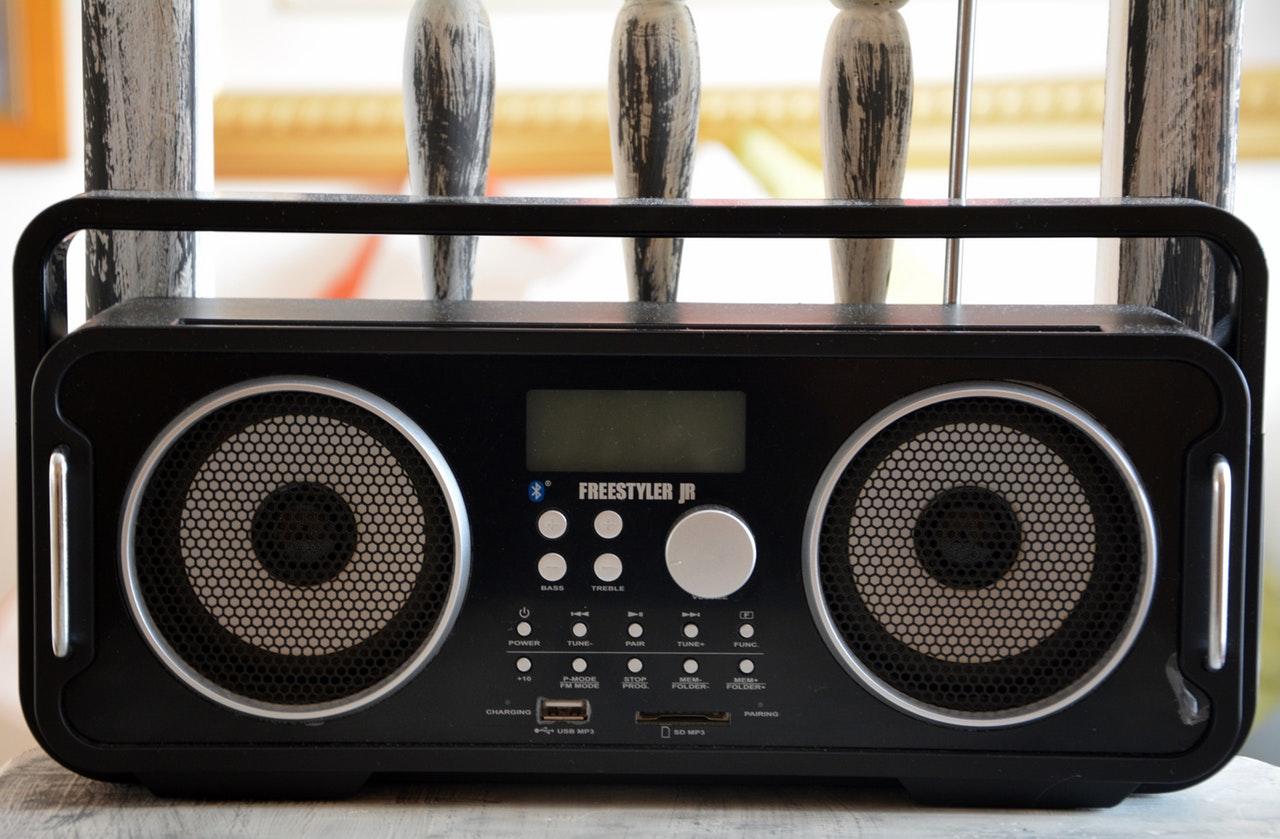
One thing that I find very strange is that in Germany Sunday is sacred and I don’t mean that it is “the Lord’s Day”….but that on Sundays it is forbidden by law to make loud noises because this day dedicated to rest, so you and everyone around you must enjoy of this rest. That’s why if on a Sunday you start mowing the lawn, if you want to hang on that painting you’ve been postponing or even if you play loud music, a neighbor may knock at your door and ask you to keep it quiet. In the worst cases, the police may ask you to shut up.. O.o
10. Father’s Day

I think this is the point that has surprised me the most so far. Here the Father’s Day is celebrated with drinks and among friends. The male groups of friends get ready with lots of beer and they celebrate together either with a barbecue or just walking around in the city with a lot of beers in a small cart. They enjoy just walking around, having a good time with music and drinking beer…here you can see an example of a very creative car.
The day is also known as “Männertag” or “Herrentag” -the day of men- and tradition is really old. Cool no?
EXTRA: FKK nudism in Germany

I will never forget the day I decided to go sunbathing in the park in the summer. I put on my little blanket and laid down when suddenly I saw on my right side naked men, on my left side, a naked couple….then I realized, they were ALL completely naked.
It turns out that I was in the exclusive area to practice FKK Freikörperkultur for its initials and that in Spanish it means “free culture of the body“. In Germany, there are exclusive spaces for those who want to practice this activity where everyone spends time together in harmony. I was surprised because literally this area is almost at the entrance of the park and is not protected by anything, I mean everyone can pass by and see the nude gentlemen without any problem. I will soon be writing more on this topic which I find very funny/interesting!
Did you know any of these things before? Which one you think is the strangest or which one you’d like to put into practice? Write a comment below!
Sources:
El economista: La obsesión de los alemanes con el dinero en efectivo acapara el 82 de sus pagos



 Hello! It's me! I am a dog lover Mexican girl living in Europe. This is my blog, where I share a little piece of me and my life. So if you are interested in traveling, food and responsible consumption...welcome!
Hello! It's me! I am a dog lover Mexican girl living in Europe. This is my blog, where I share a little piece of me and my life. So if you are interested in traveling, food and responsible consumption...welcome!